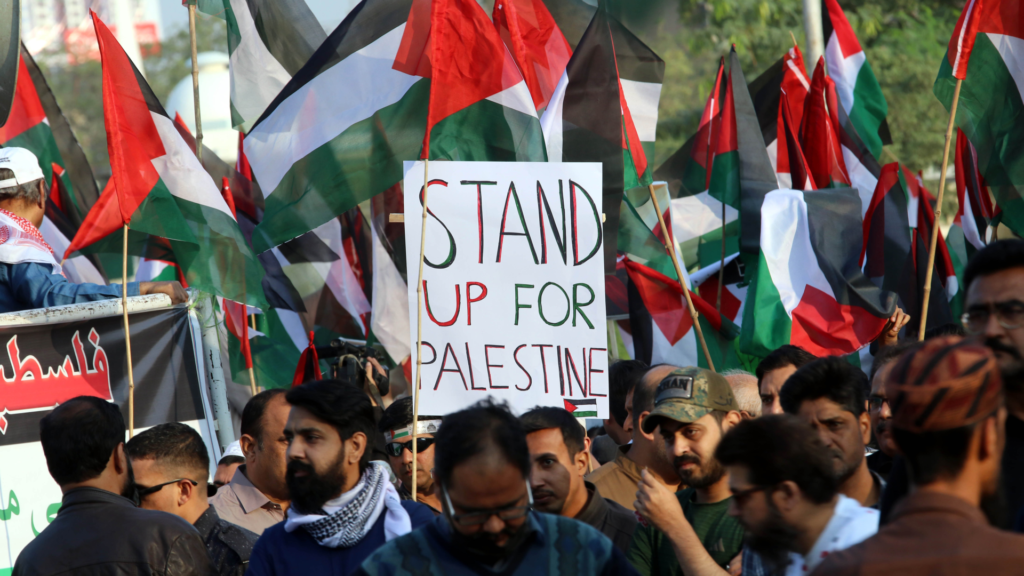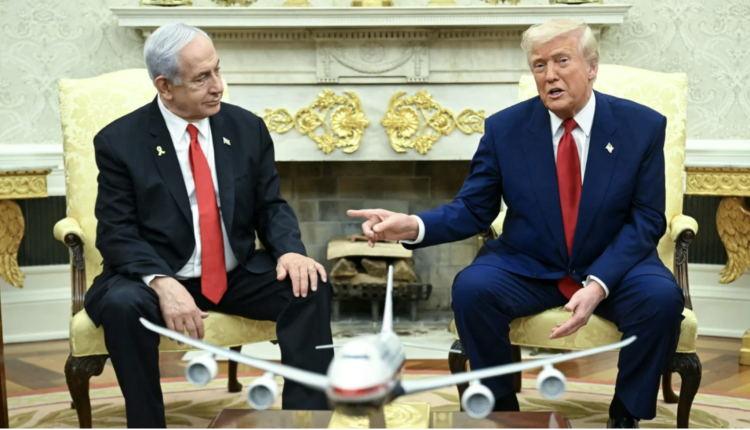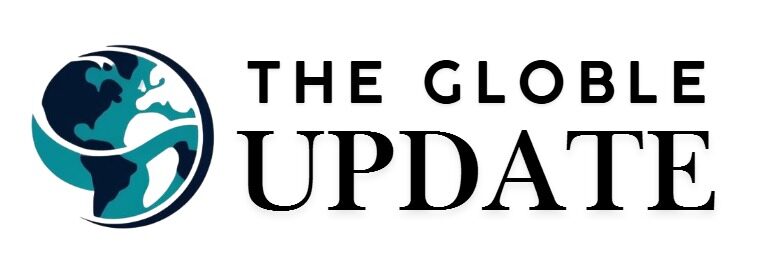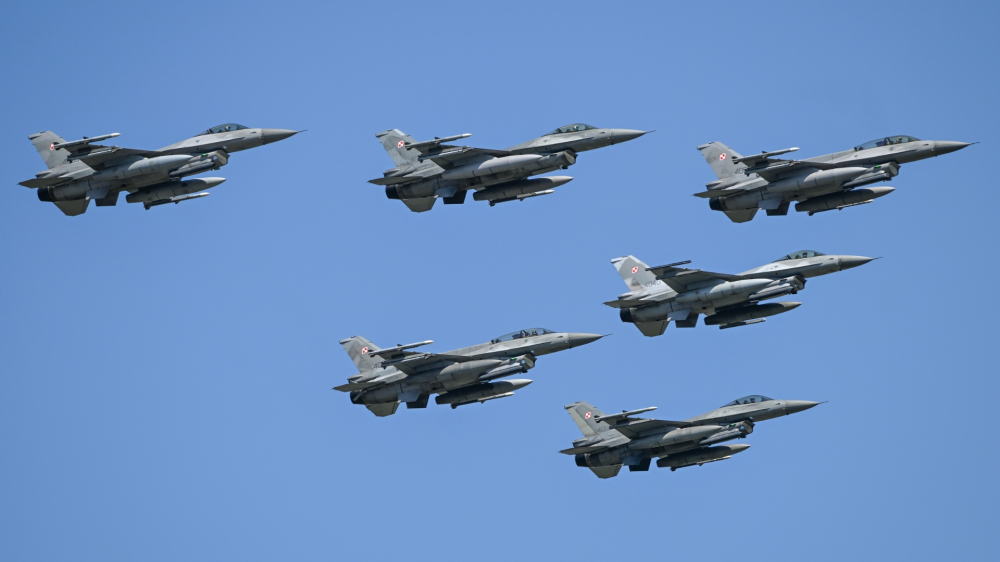The call for a viable Palestinian state has gained powerful momentum, as global pressure mounts and the geopolitical tide slowly turns. Recent recognition efforts by France, the United Kingdom, and Canada have added considerable weight to the push for Palestinian statehood, highlighting growing frustration with Israeli policies and widening the gap between Washington and its key allies.
Mounting International Support for Palestine

Over 140 countries have already recognized Palestine, but the entrance of major Western powers into this group marks a new chapter. For the Palestinians, this shift offers hope. For Israel, particularly Prime Minister Benjamin Netanyahu’s hardline government, it’s a source of increasing diplomatic tension.
While the U.S. remains firmly aligned with Israel, its position now looks more isolated than ever, particularly as allies break rank to back Palestinian recognition. This situation not only reflects a moral response to humanitarian images from Gaza but also showcases rising domestic political pressures in Western democracies.
Comparing Global Stances on Palestinian Statehood
| Country | Official Stance on Palestine | Notes |
|---|---|---|
| United States | Opposes unilateral recognition | Supports negotiations-based solution; aligned with Israel |
| France | Supports recognition of Palestine | Recently affirmed political support for a two-state solution |
| United Kingdom | Backs recognition with conditions | Advocates for viable state based on 1967 borders |
| Canada | Joined calls for statehood | Marked shift from prior more cautious approach |
| Israel | Strongly opposes recognition | Netanyahu government sees it as a threat to national security |
Oslo Accords: A Distant Memory

Photo Credit :- middleeasteye
The Oslo Accords once painted a vision for a peaceful two-state solution, negotiated on Israel’s 1967 borders with minor land swaps. But today, that framework feels outdated. The expansion of Israeli settlements in the West Bank, ongoing military actions in Gaza, and the weakening of the Palestinian Authority have deeply complicated the reality on the ground.
Even if recognition of Palestine becomes widespread, the central challenge remains: What would a Palestinian state look like? There’s no consensus, no established governance, and no current Israeli leadership willing to engage meaningfully on the issue.
Netanyahu’s Hardline Stance and Trump’s Calculations

Prime Minister Netanyahu has dismissed any possibility of a Palestinian state, calling it a launch pad for Israel’s destruction. Some members of his coalition go further, threatening to collapse the government if concessions are made.
Meanwhile, Donald Trump, who once championed the Abraham Accords, now finds himself caught between the optics of supporting Israel and the strategic goal of peace in the region. His frustration with Netanyahu is growing, particularly over Gaza’s humanitarian crisis, which complicates Trump’s aspirations for a Nobel Peace Prize and a historic deal with Saudi Arabia.
Conclusion: Is a Two-State Solution Drifting Further Away?
While the international community grows louder in support of a Palestinian state, the path forward remains obstructed. Without cooperation from Israel or consensus within Palestine itself, recognition risks becoming symbolic rather than transformative.
Still, the shift by France, the UK, and Canada signals a clear message: the status quo is no longer acceptable. If the U.S. continues to resist, it may soon find itself more isolated on the world stage—while Palestinians wait, as they have for decades, for a nation of their own.




